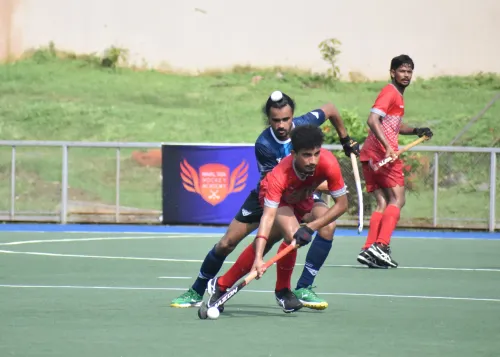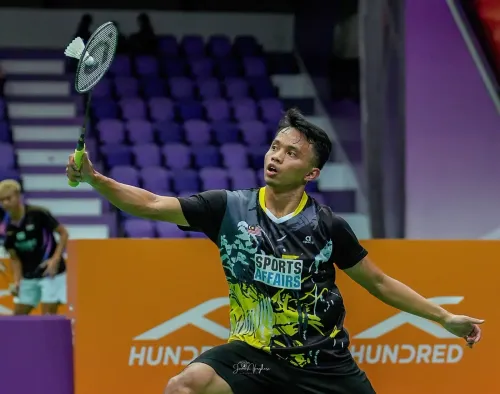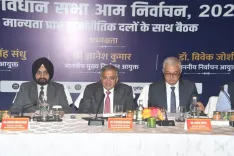Why Did the K'taka HC Refuse to Quash FIR Against a Woman in a Minor Boy's Sexual Assault Case?

Synopsis
Key Takeaways
- POCSO Act is gender neutral.
- The court dismissed the petitioner's claims of delay.
- Protection of minors is paramount in legal considerations.
- Outdated notions of gender roles in sexual offenses are rejected.
- Seriousness of the allegations outweighs reporting delays.
Bengaluru, Aug 18 (NationPress) The Karnataka High Court has declined to quash the FIR filed against a woman regarding an alleged sexual assault on a minor boy, emphasizing that the Protection of Children from Sexual Offences Act (POCSO) is inherently gender neutral, applying to both sexes.
The bench, led by Justice M. Nagaprasanna, issued this ruling on Monday while dismissing the petition from a 52-year-old woman. The sexual assault allegations were brought forth by the parents of the young victim.
The petitioner argued that there was a delay of four years in reporting the incident. Additionally, the attorney for the petitioner claimed that the complaint pertains to Sections 4 and 6, which address penetrative sexual assault and aggravated penetrative sexual assault under the POCSO Act.
The alleged incident occurred in 2020, but the FIR was only filed in 2025, the attorney noted. He pointed out that the victim, a 13-year-old schoolboy, was a neighbor and suggested that the petitioner has been falsely implicated to evade repayment.
However, the bench dismissed this contention, asserting that the POCSO Act is progressive in nature, aiming to uphold the sanctity of childhood and is rooted in gender neutrality, with its primary goal being the protection of children, regardless of gender. The act is indeed gender neutral.
The court further commented that even if there was a delay in reporting the incident, it cannot serve as a valid reason for dismissing the case, as the gravity of the alleged crime and the age of the victim are paramount factors.
The justifications regarding psychological factors and potency tests were deemed unconvincing and without merit in the contemporary legal framework, the court asserted. The court firmly rejected the outdated notion that women only assume a passive role in sexual encounters, clarifying that such beliefs are erroneous and unacceptable under the law.









